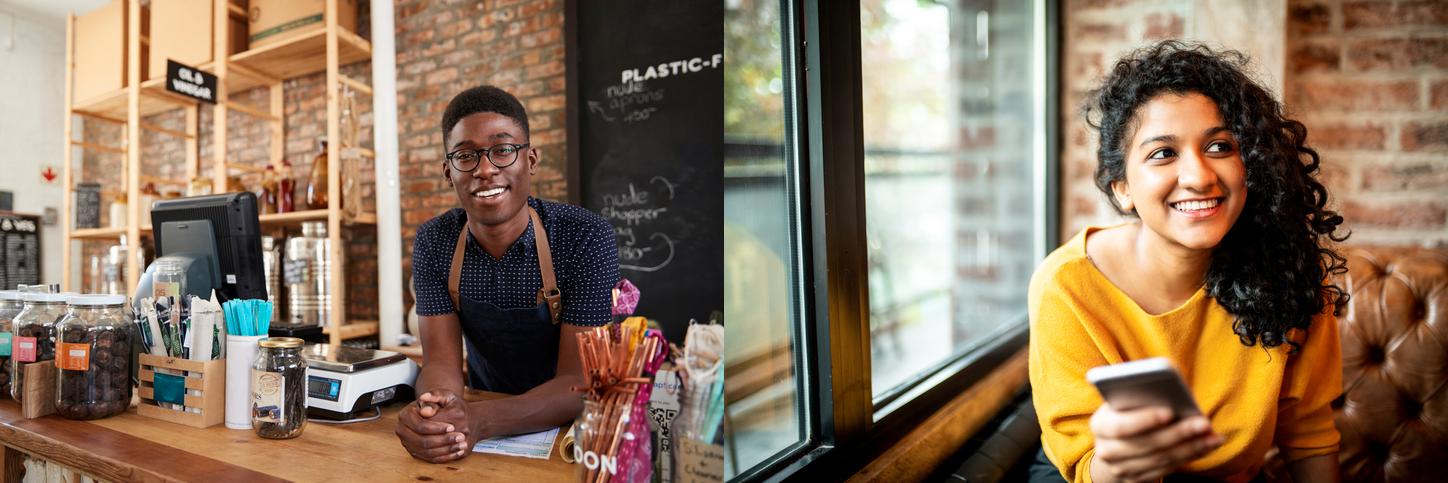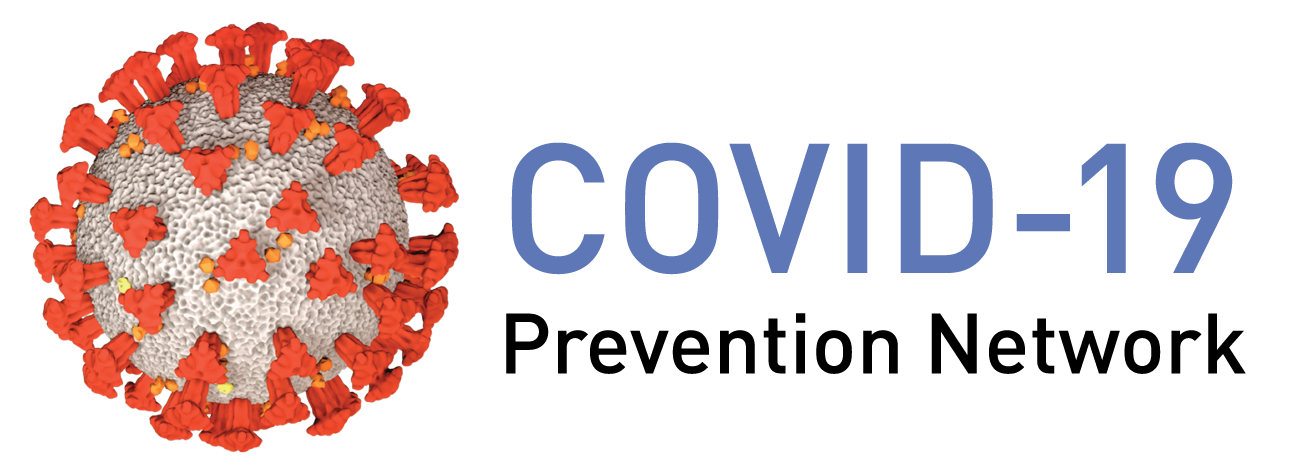

3 Reasons to Continue COVID-19 Vaccine Research

Credit: Cody Shipman, CoVPN
There are over 7 billion people in the world. COVID-19 is affecting everyone, and vaccines are needed to end the pandemic. Now that we have vaccines that have proven to be very effective at preventing severe COVID-19 disease, why do we need to continue COVID-19 vaccine research?
There are three main reasons:
- If we find several vaccines that work, we can end the pandemic sooner. If we find several vaccines that work, we can end the pandemic sooner. Companies that make vaccines can only make a certain amount in a short period of time. If only one company’s product works, it will take them longer to make enough doses for the whole world’s population. But if several companies have successful products, they will be able to work together to make enough doses for everyone in the world. Simply put, the science has moved forward faster than the supply chain can keep up. This means that even with approvals of the Moderna and Pfizer vaccines, the companies think that they will only have enough doses for 100 million people to be vaccinated by late Spring 2021. That sounds like a lot, but it’s only enough for fewer than half of the adults in the U.S. It’s not even enough to cover all the highest priority people, like frontline healthcare workers, older adults, people with serious health conditions, and essential workers. The only solution to the shortage is to develop more vaccines. We are optimistic that more vaccine options can be within our reach soon, but we can’t do it without the help of study volunteers for the remaining studies.
- In addition to meeting the demand, we also need vaccines that can work for many kinds of people around the world. Vaccines might work differently depending on someone’s age or health status. One vaccine regimen might not work well enough for all groups. We need to make certain that vaccines work for communities that are hardest hit by COVID-19 – racial and ethnic minorities, older adults aged 65+, and people with pre-existing medical conditions. Continued research will help identify ways to reduce severity of COVID-19 illness, so people are not getting as sick and able to recover faster, reducing the need for hospitalization and preventing death. We also hope to prevent new infections and reduce transmission.
- We still need more data over a longer period of time to answer key questions. Right now, we know that the Moderna and Pfizer vaccines are very effective at preventing severe COVID-19 disease. However, we still need more data over a longer period of time to know if: (a) the vaccine can prevent infection with SARS-CoV-2 in the first place; and (b) how long a period of time the vaccine helps the immune system to fight against the virus. The bottom line is, we need to continue with randomized, blinded, placebo-controlled trials to get these answers. When someone joins one of our studies, whether they get the vaccine product or the placebo (saline solution) is completely random and neither the study participant or the study staff know who is getting vaccine or placebo – they are “blinded.” Studies designed in this way are the best at showing us if a vaccine works. The people who join our studies are often more likely than other people to be exposed to the virus because of things like the kinds of jobs they have. They may be more likely to develop severe COVID-19 illness because of their age or underlying health conditions. This means that some people in our studies will get sick with COVID-19, and we will keep track of who does. When the study is far enough along, we will see if there is a big enough difference between how many of them received the vaccine or the placebo. If there are fewer people who get sick in the group that got the vaccine than in the group that got the placebo, then we will know that the vaccine works.
The sponsors of each trial have made a commitment that if the vaccine is found to be safe and effective and approved by the FDA, they will make the vaccine available to the people in the placebo group. This is explained during the informed consent process when someone is thinking about joining a study. Participants are also kept up to date about new information, such as FDA approval, that might be learned while the study is in progress. People who are enrolled in one study and are interested in getting a different vaccine that may be available should talk to their study team. This is possible, and the study team can help to provide guidance to the participants.
Together we can help end uncertainty. Join us.
We need your help to keep learning and improving vaccines against COVID-19. We made history with safe and effective vaccines and we’ll keep working as long as there are people to protect, variants emerging, and research answers needed to end this pandemic. To participate:
- Fill out the survey again so we have your most current information to match you with a study, even if you filled it out previously!
- If you haven’t registered to volunteer before, sign up today. There’s still a lot we can do together for those we love.
